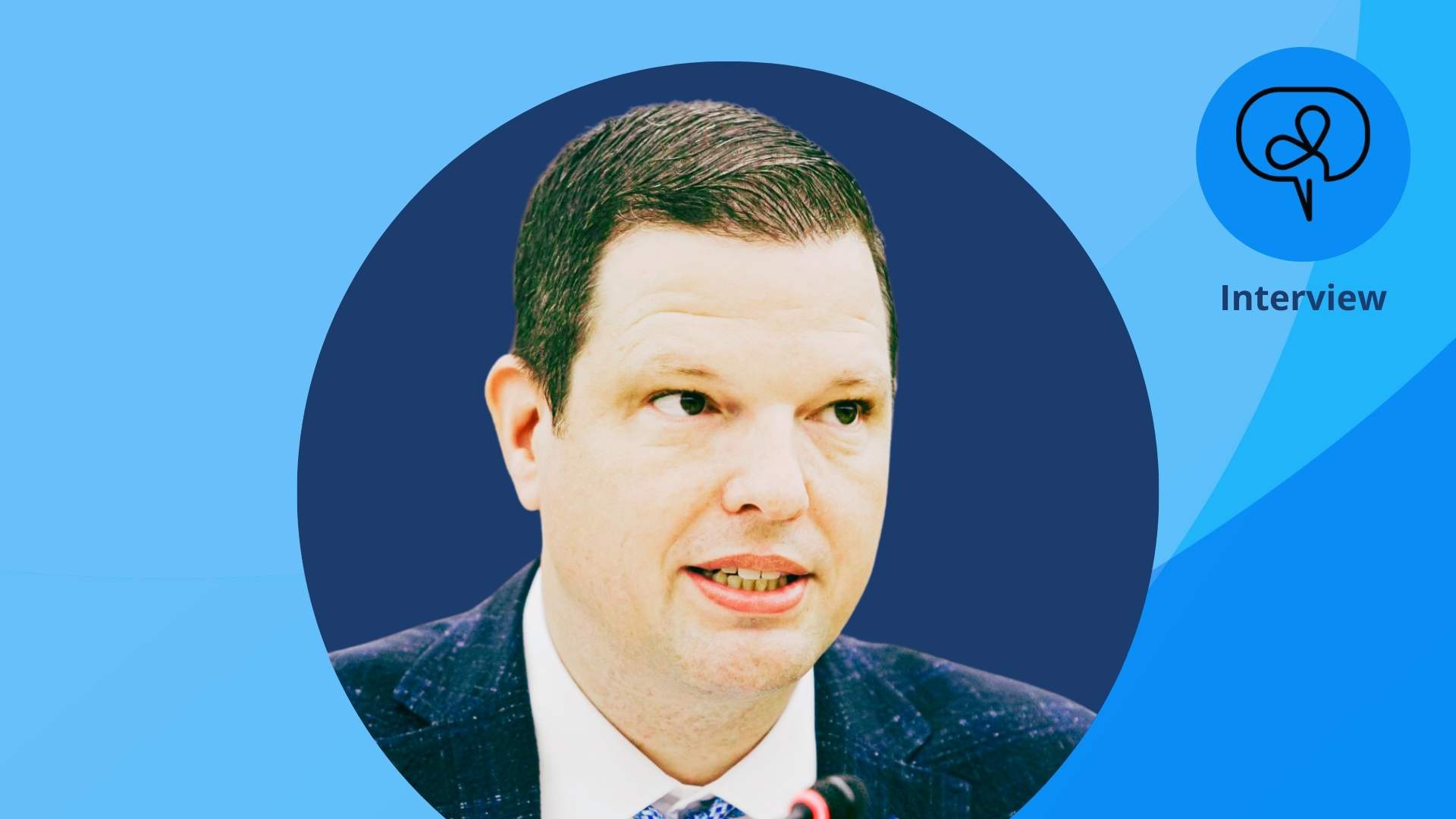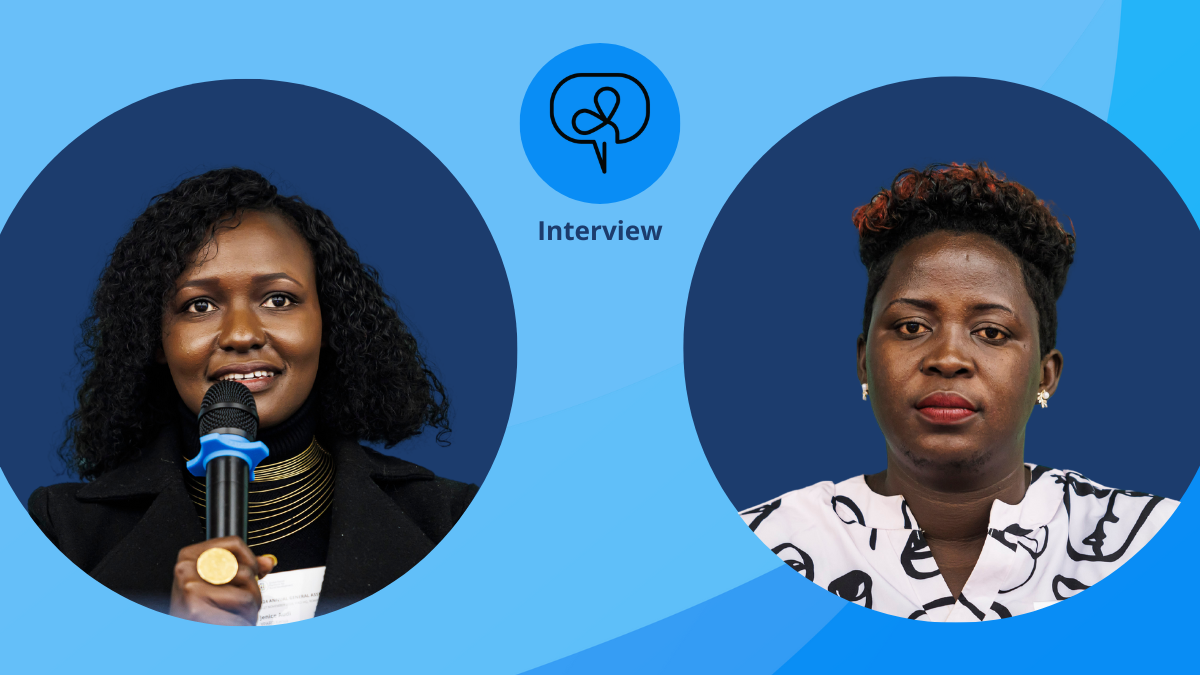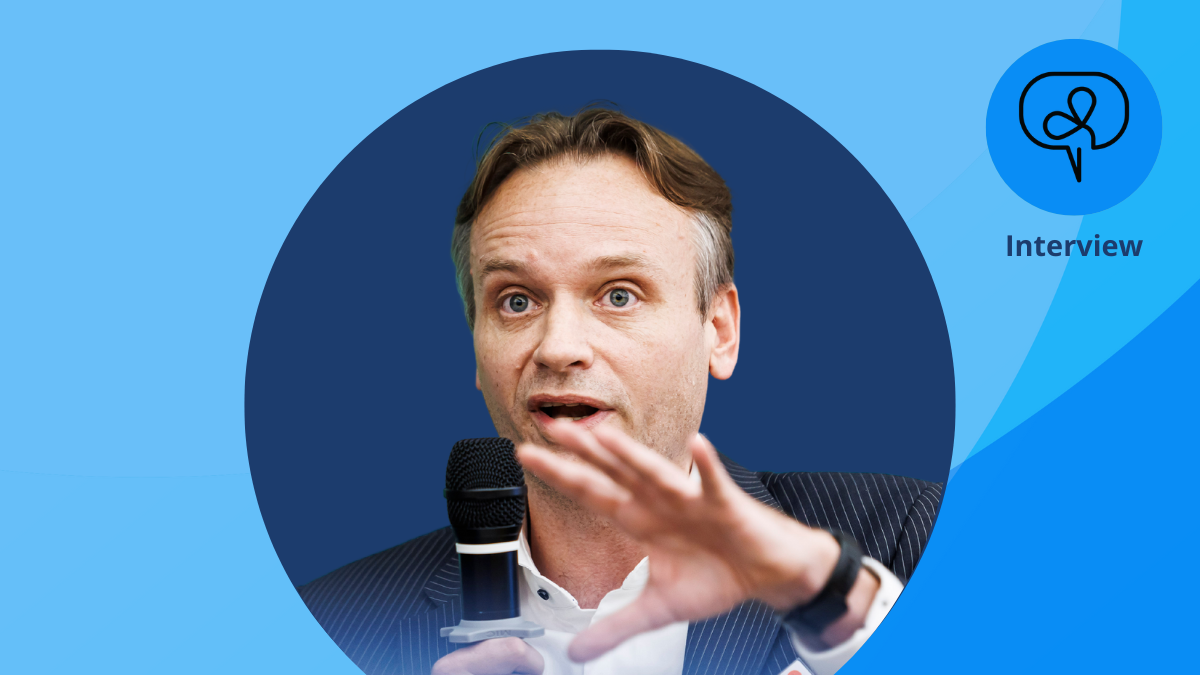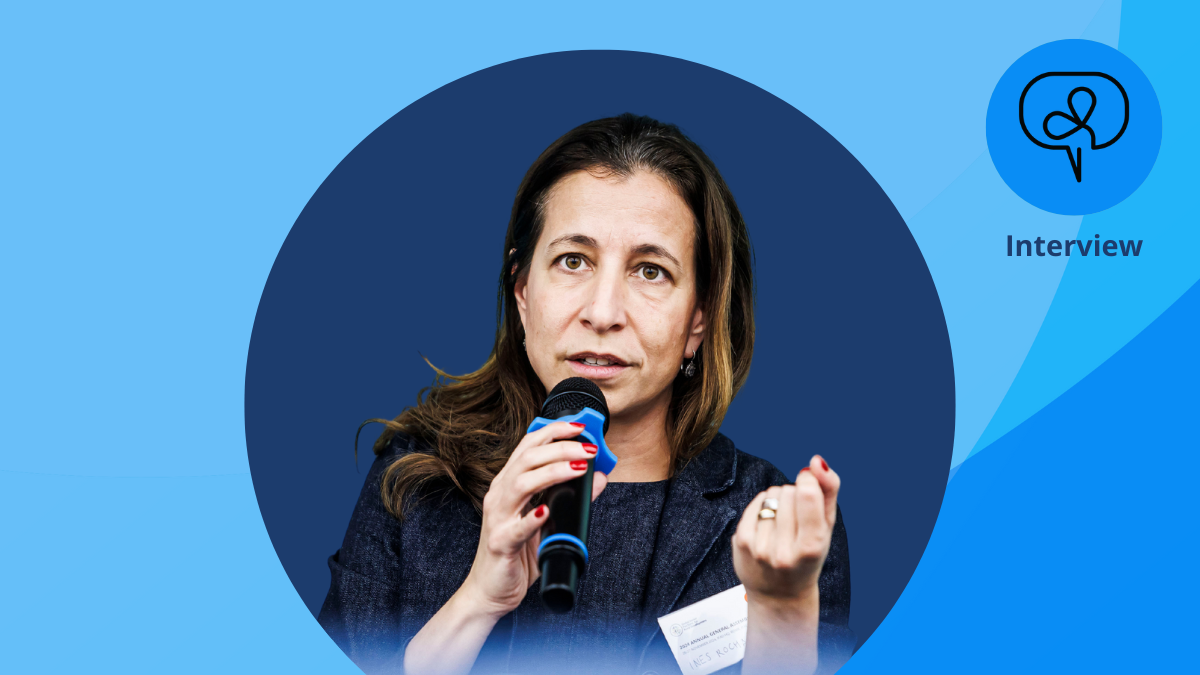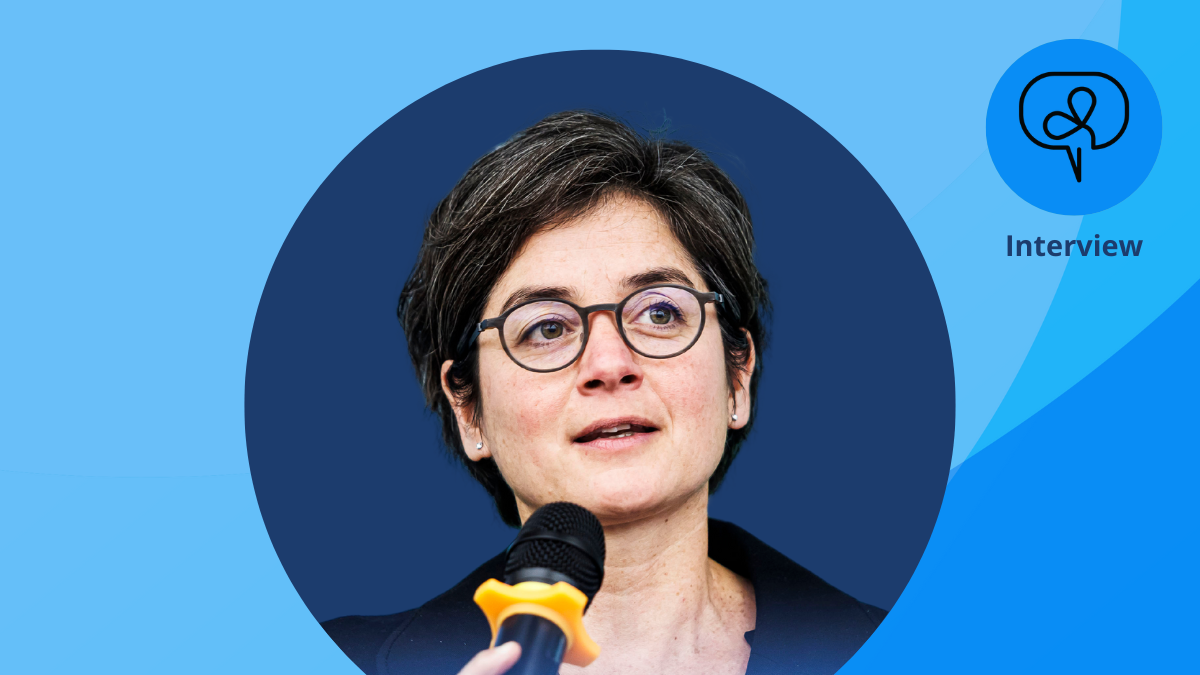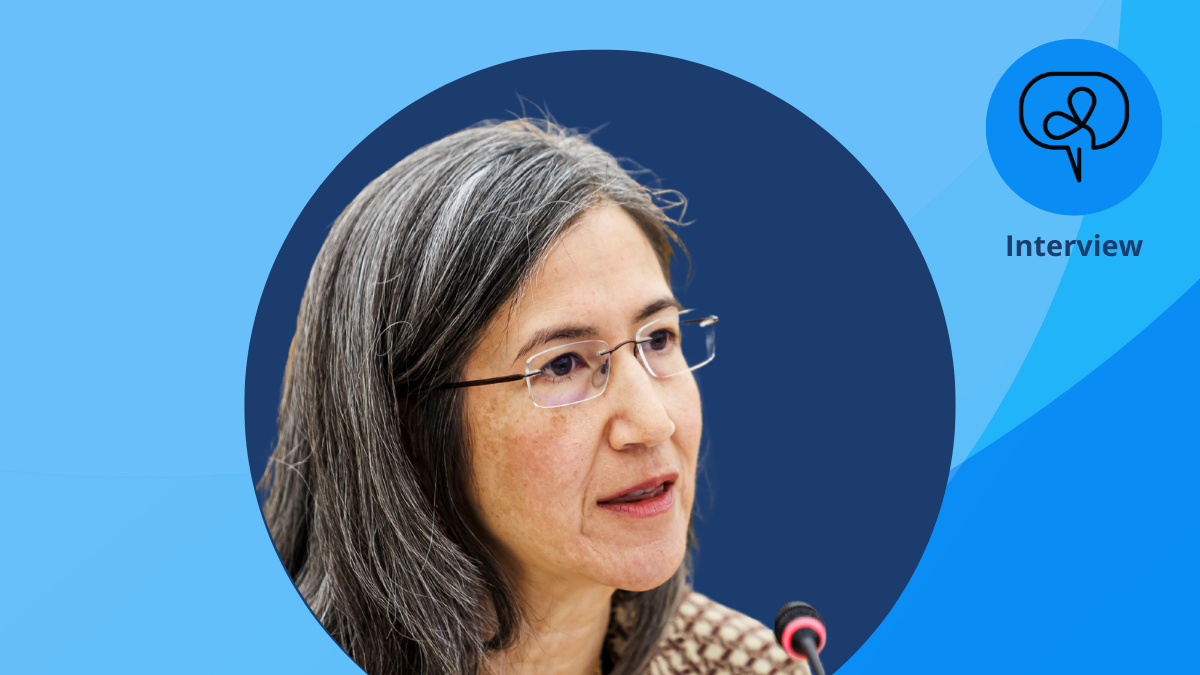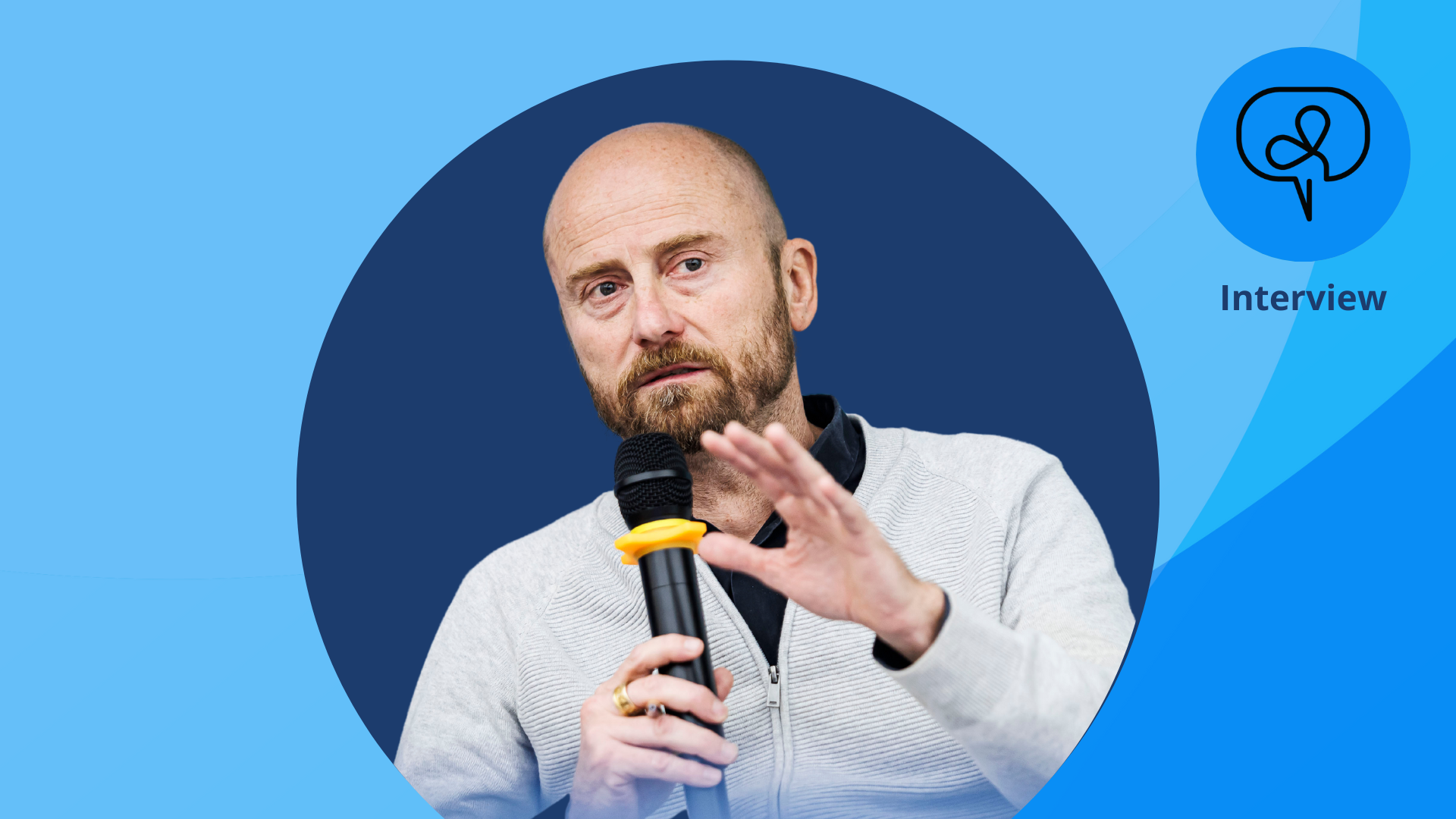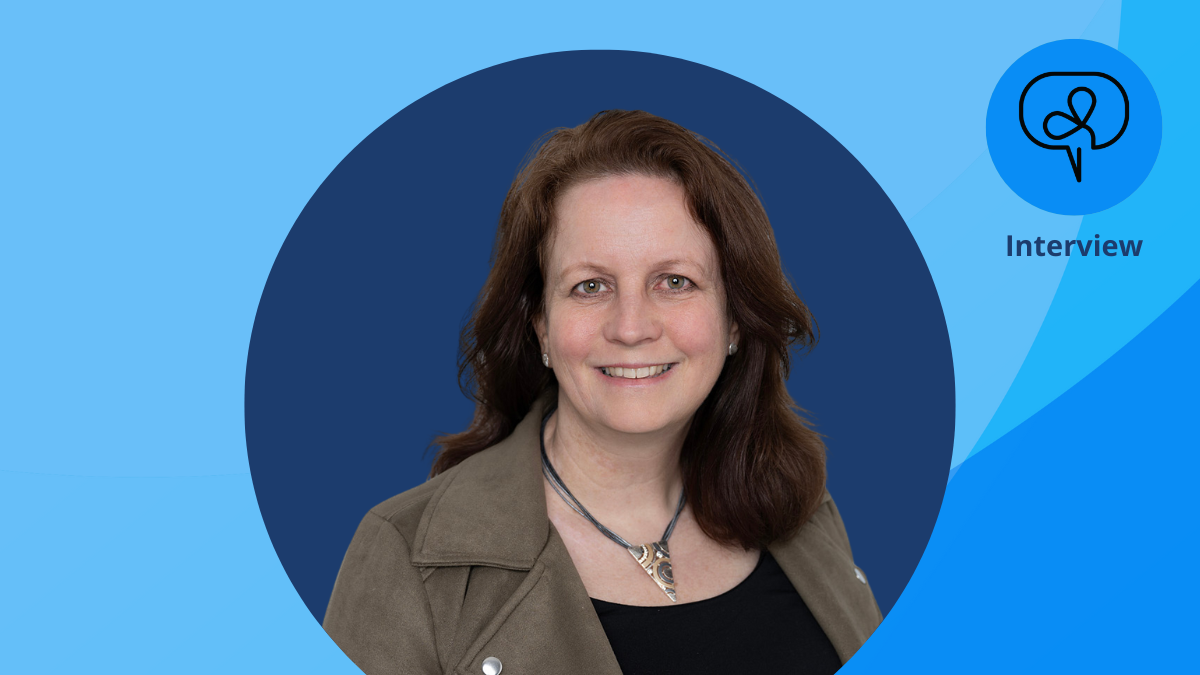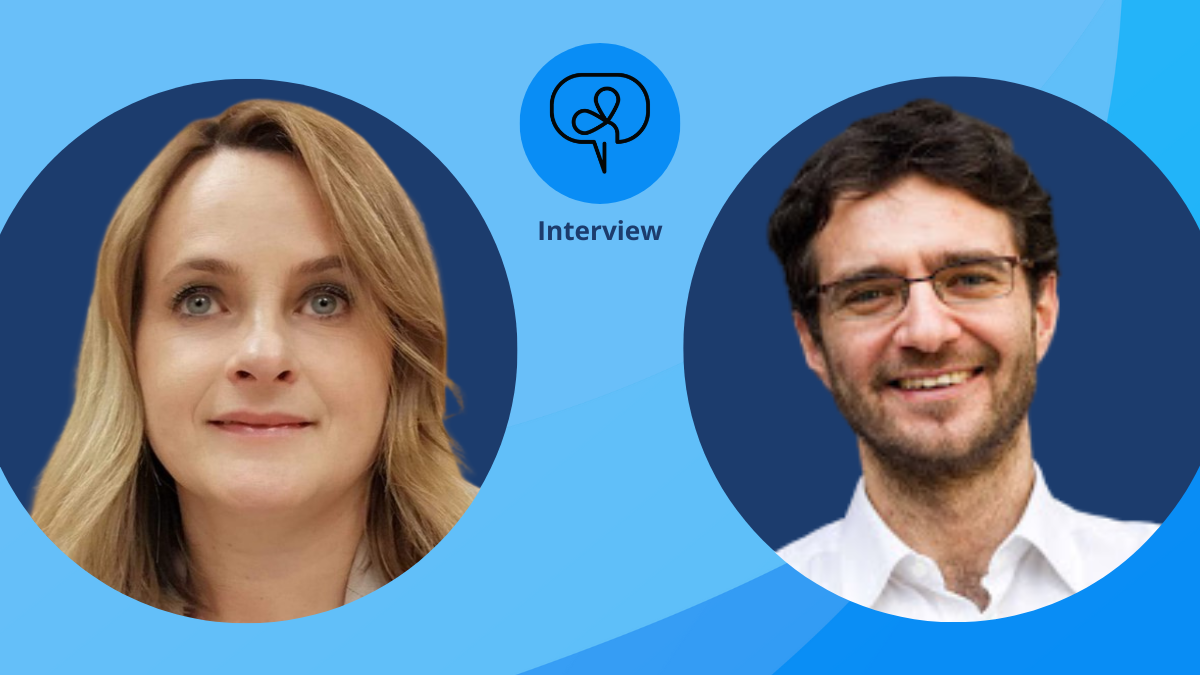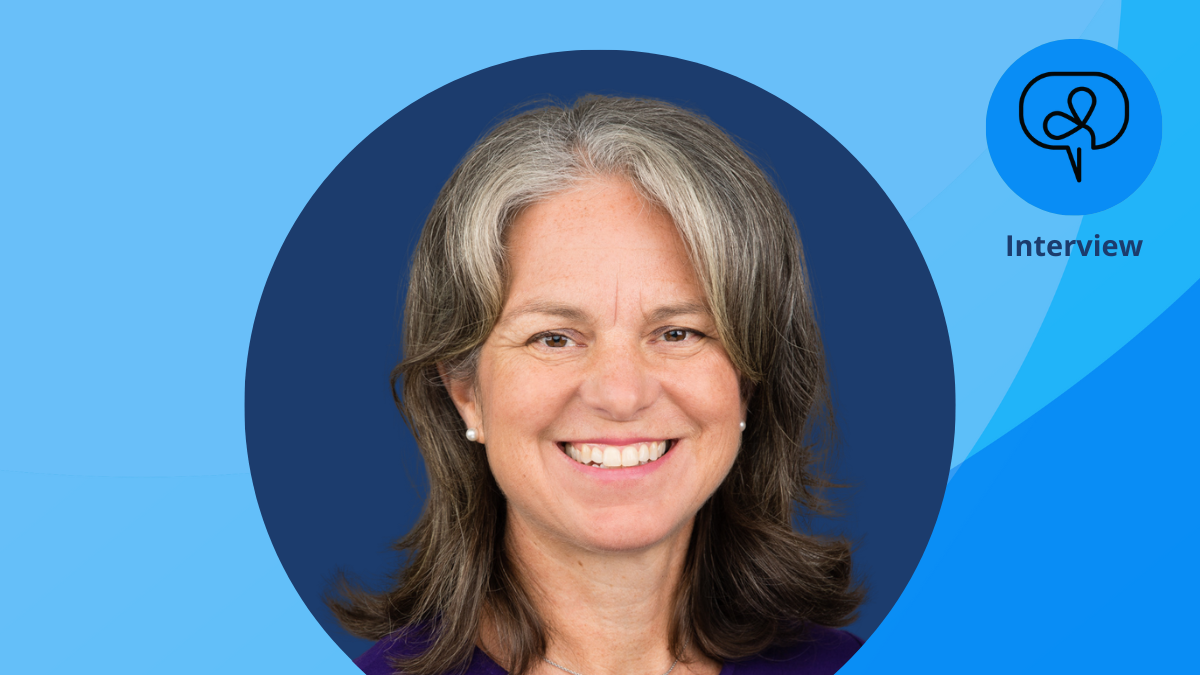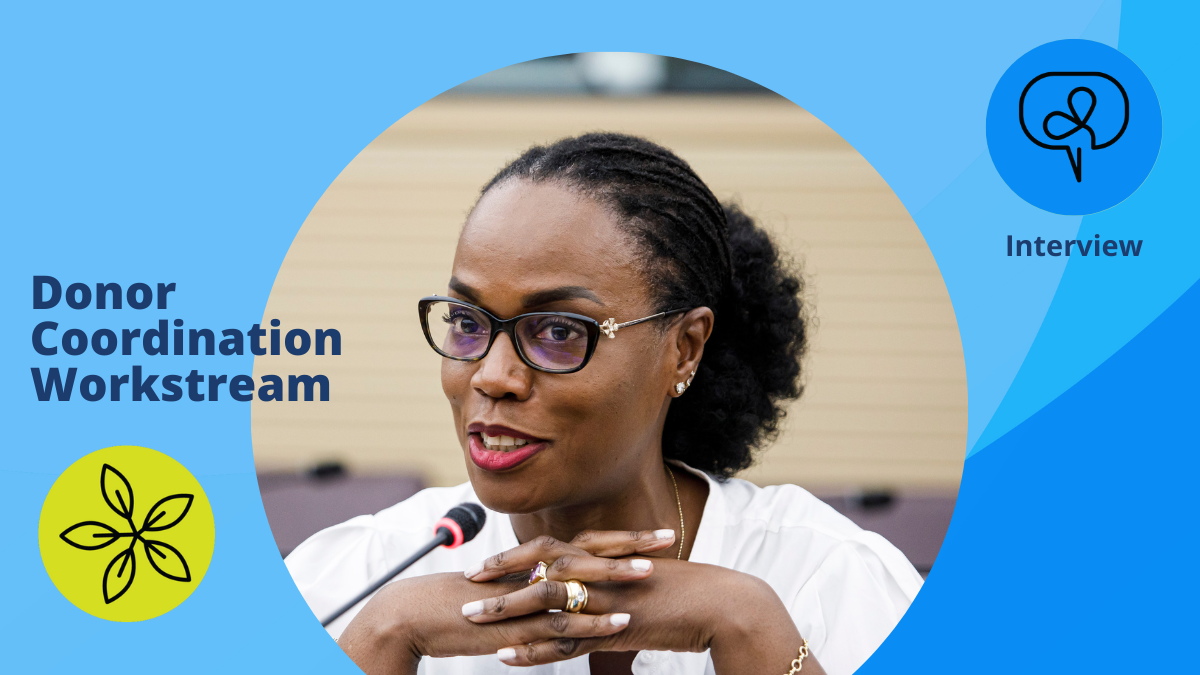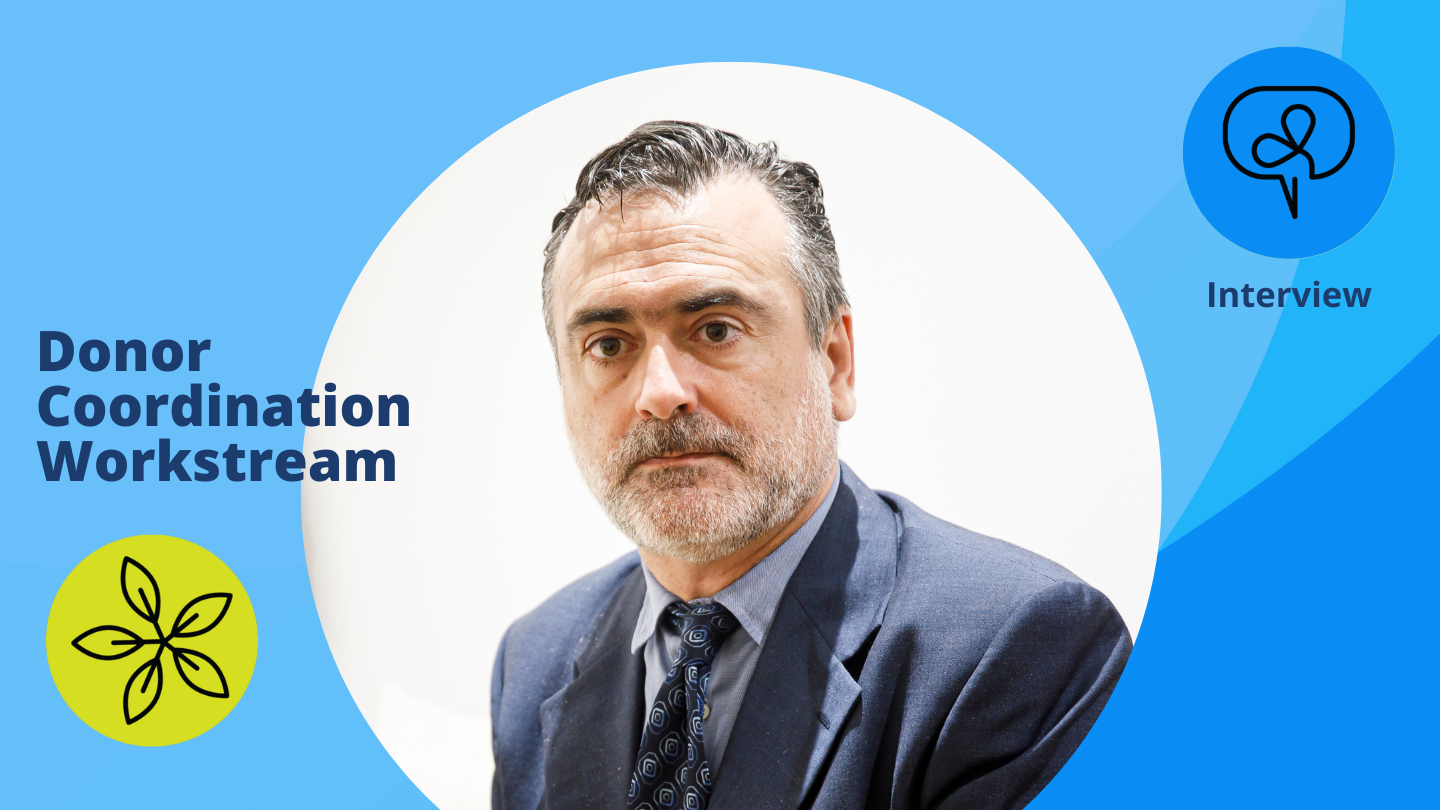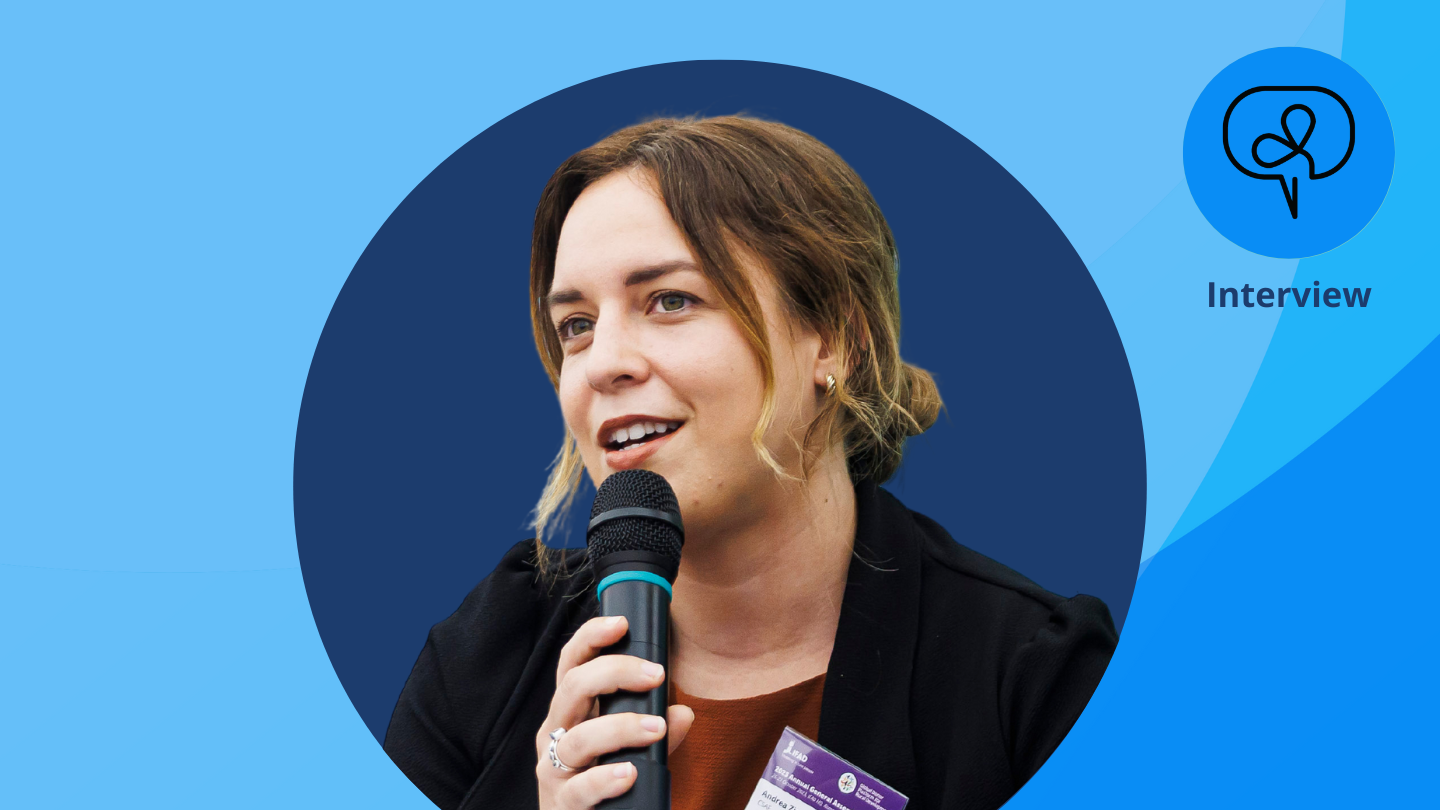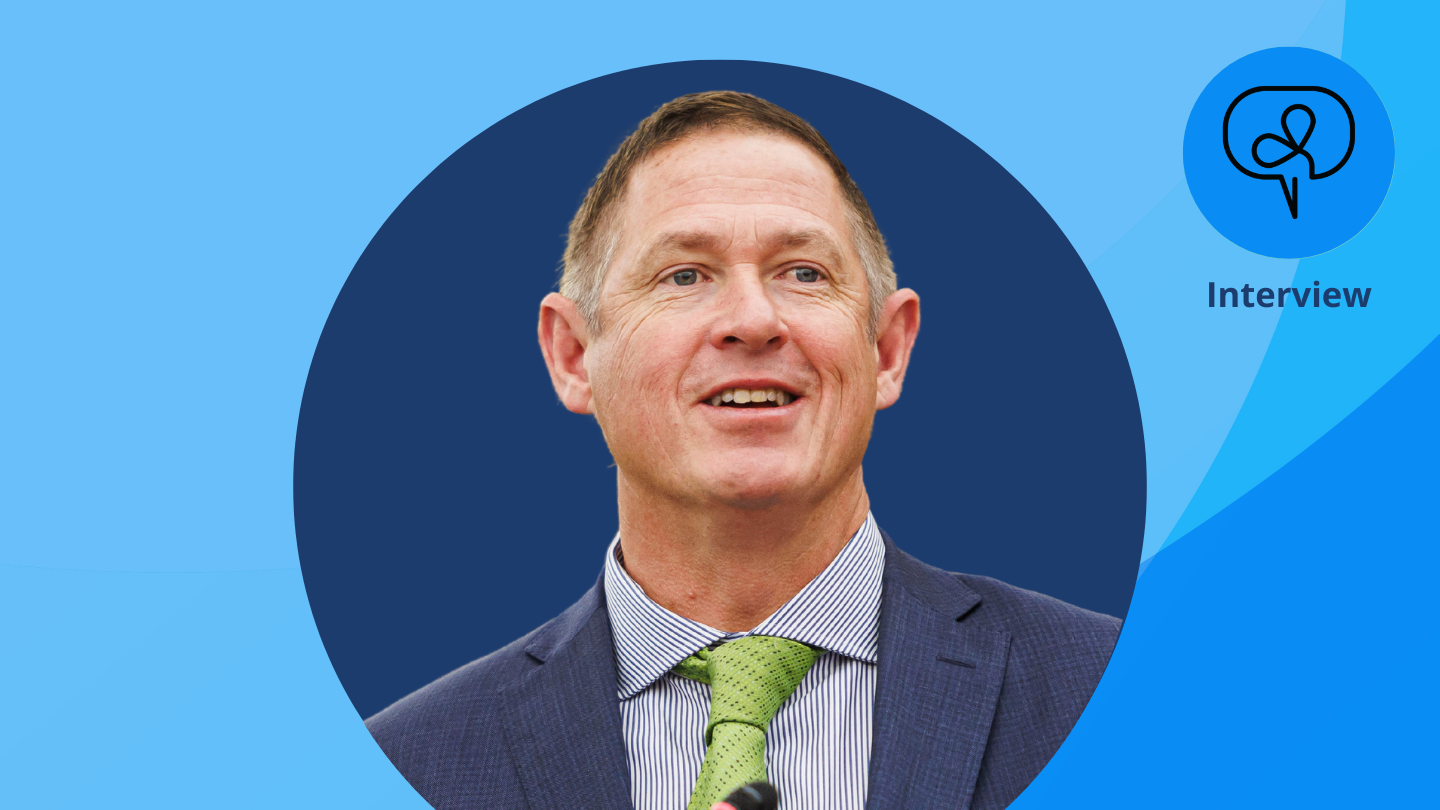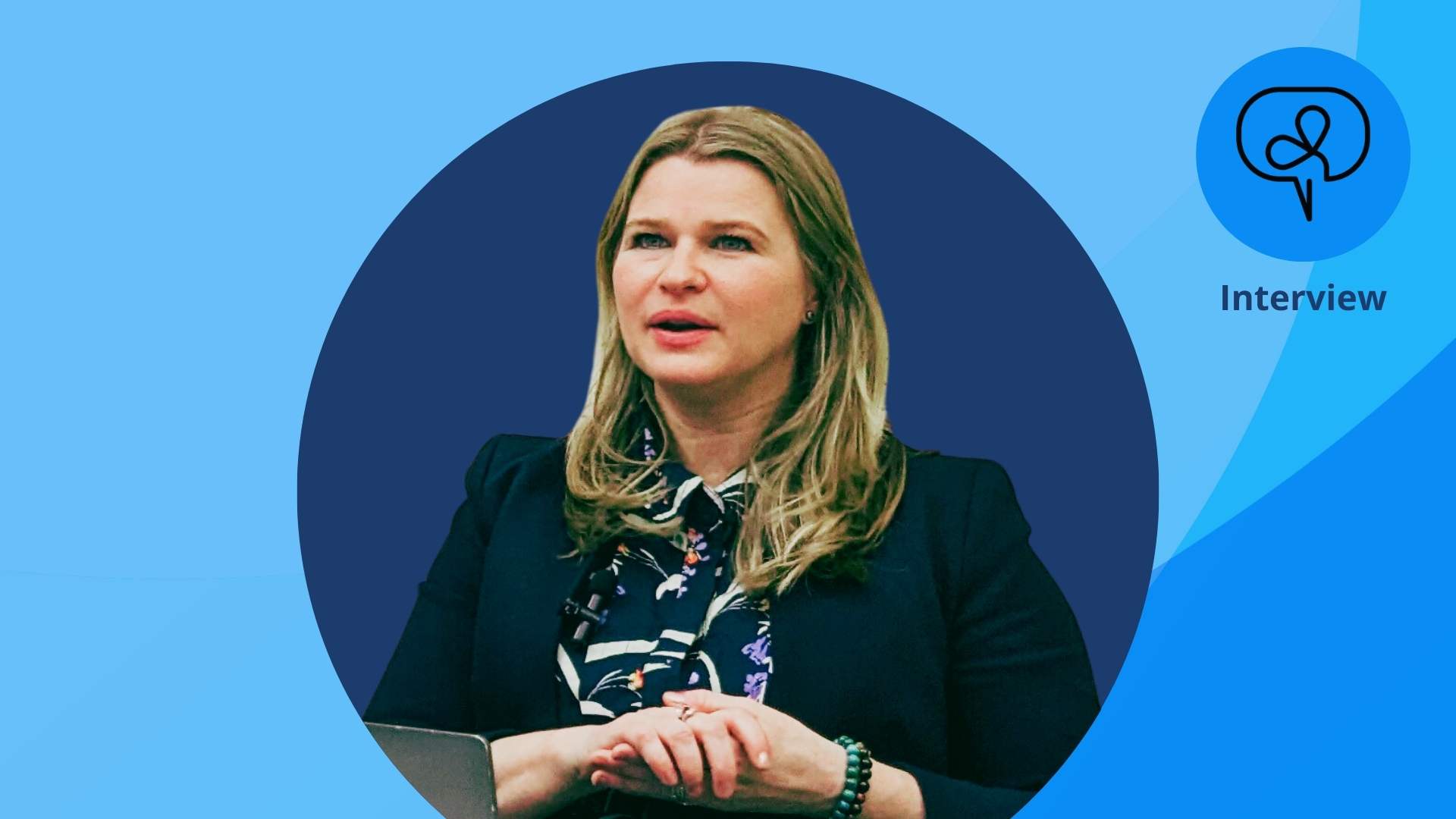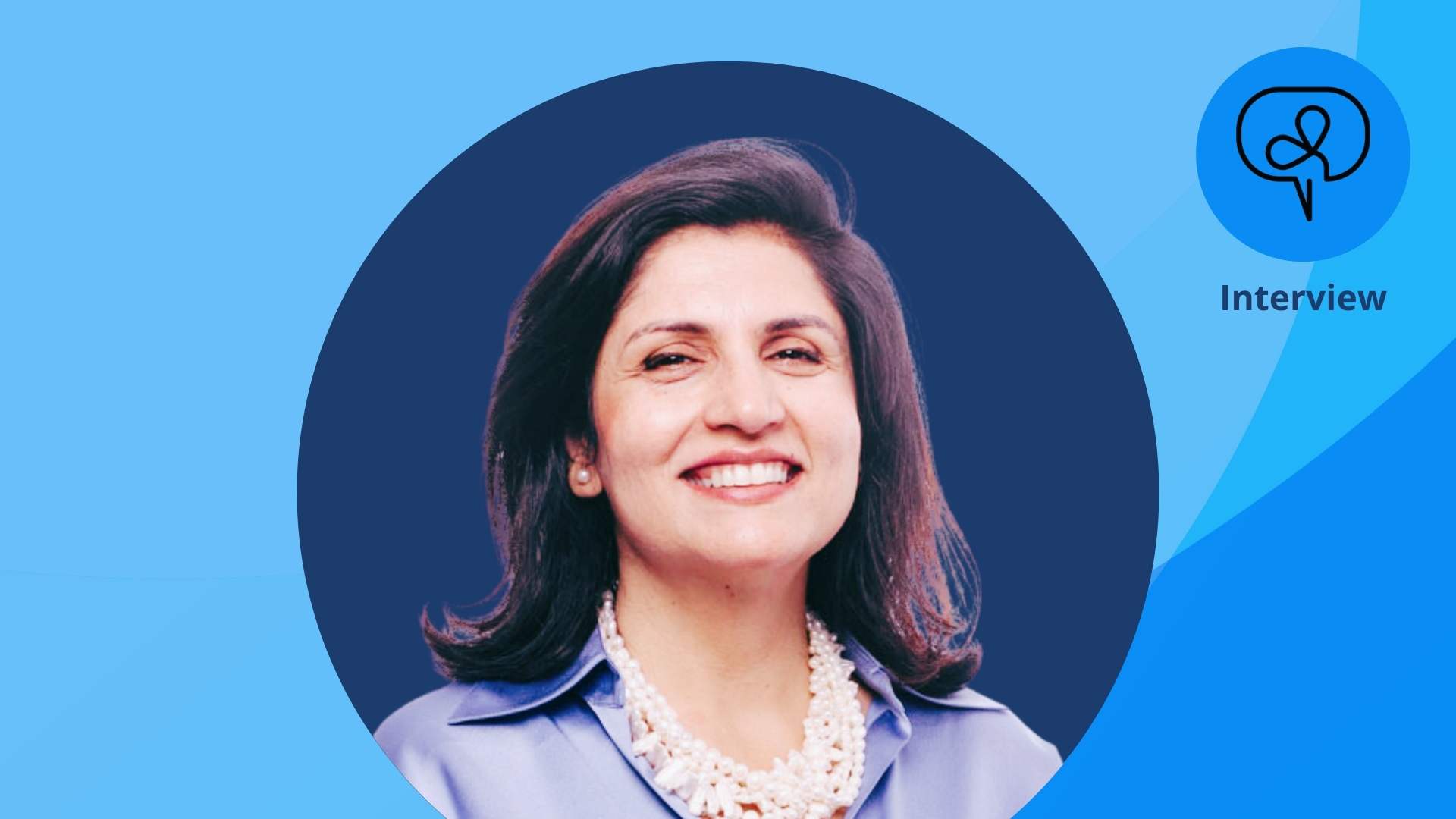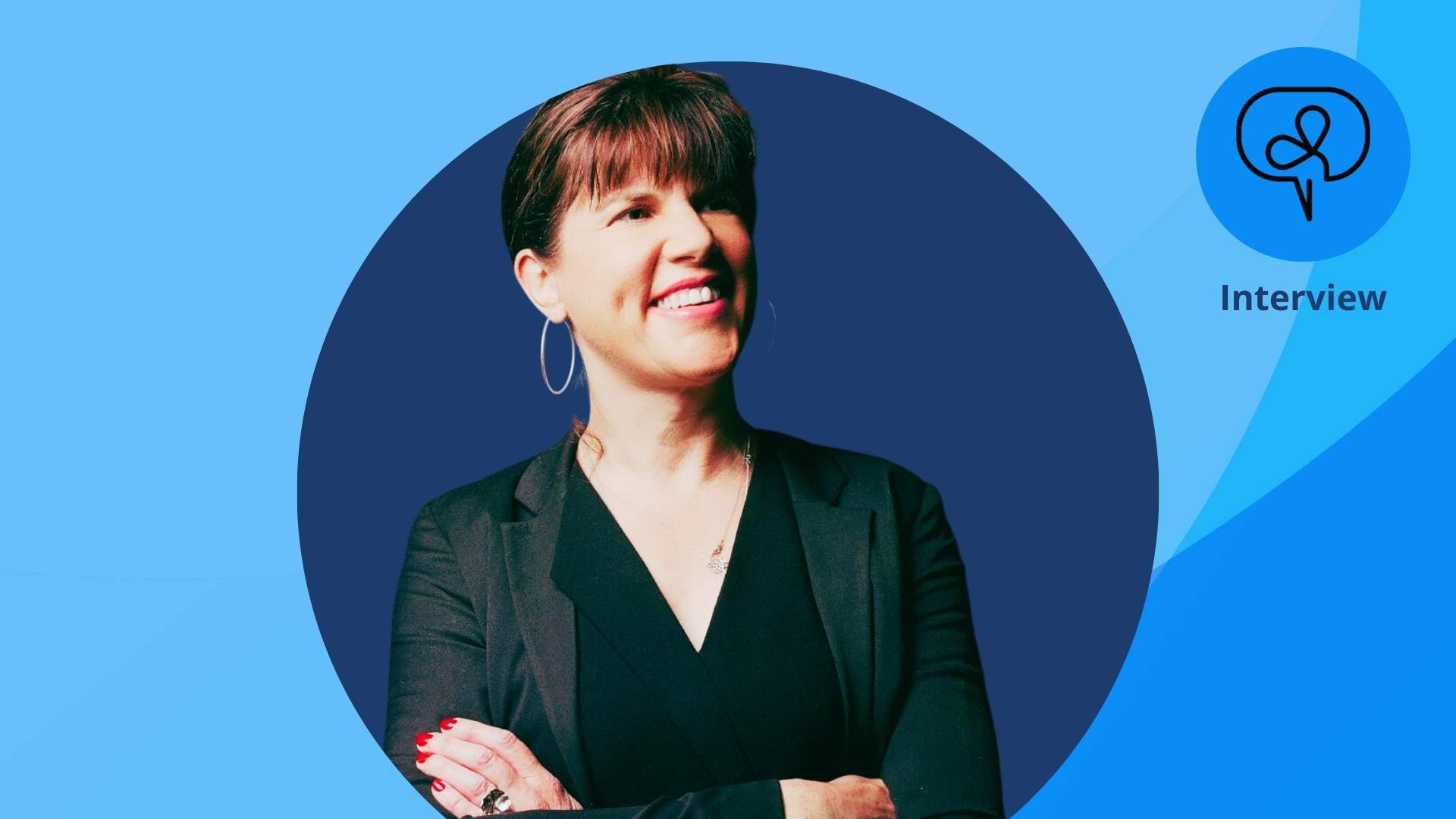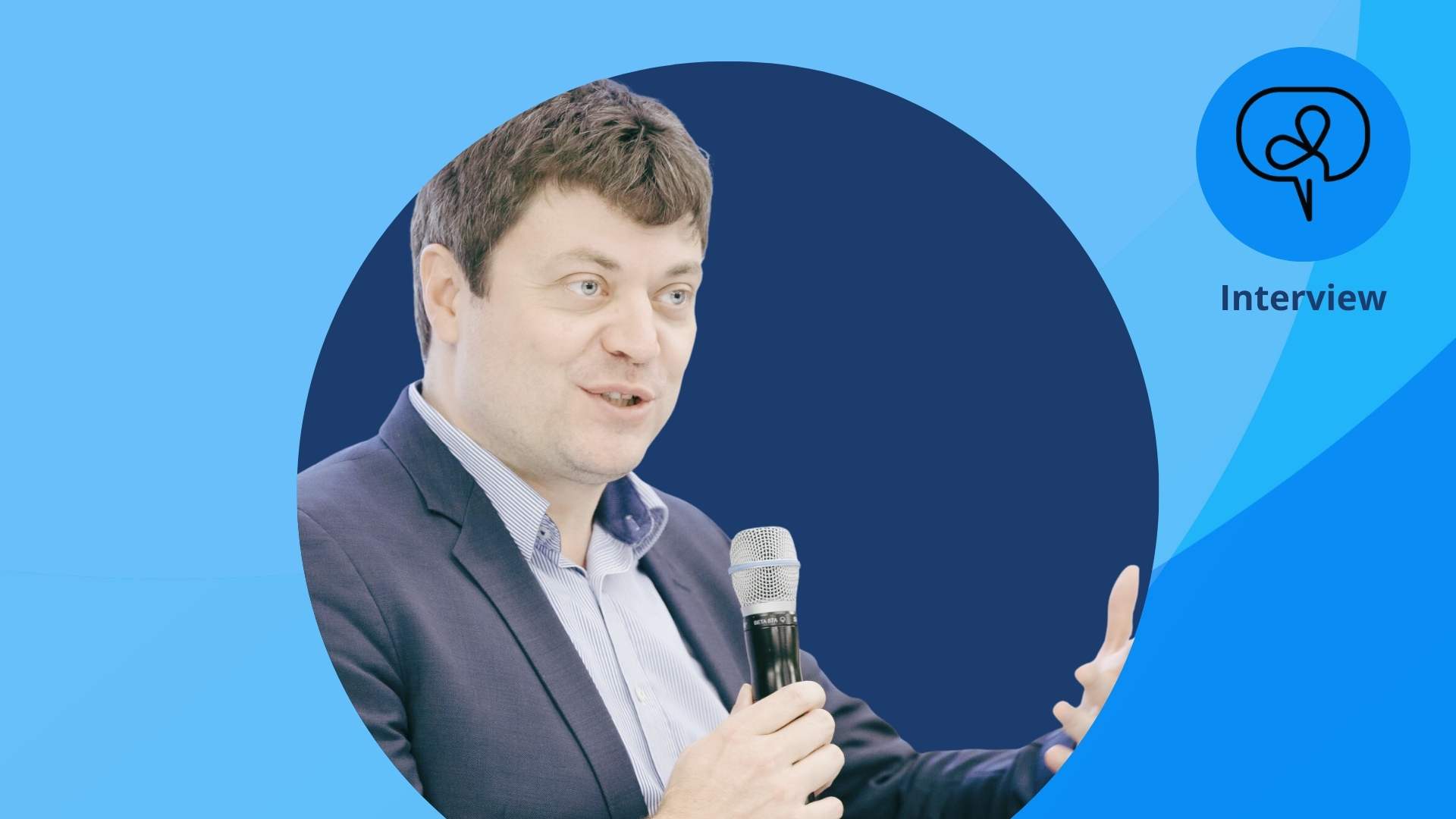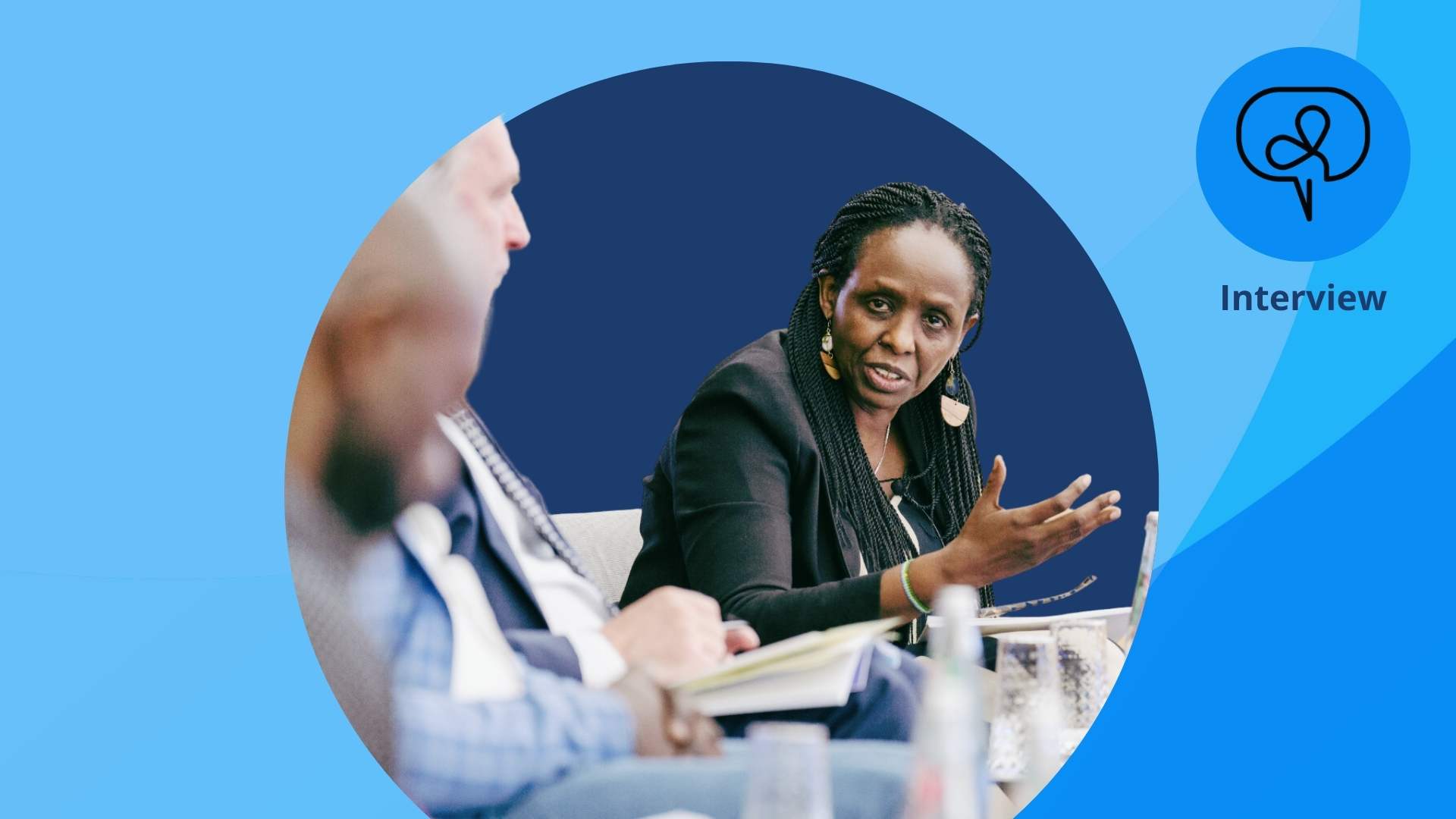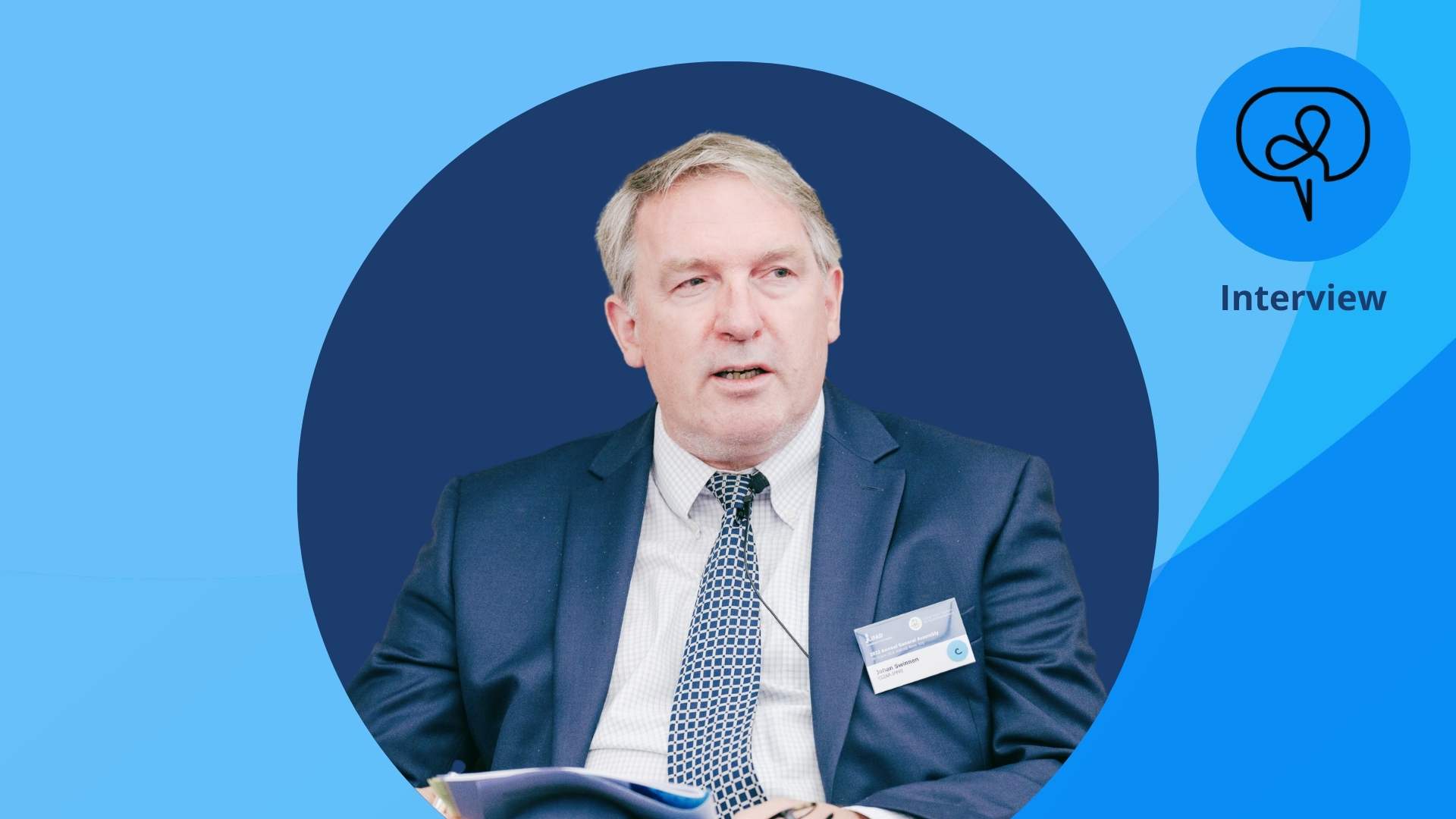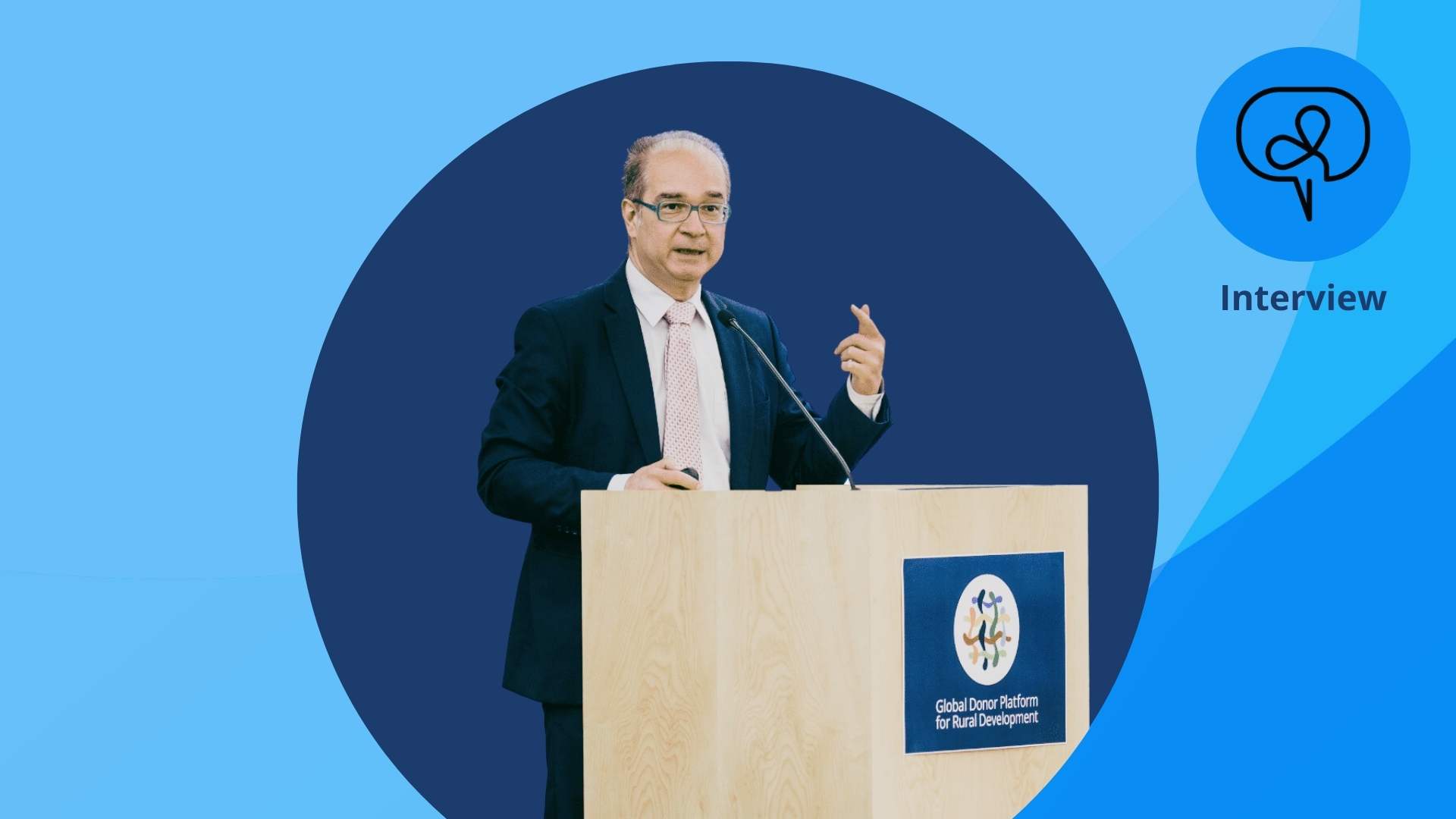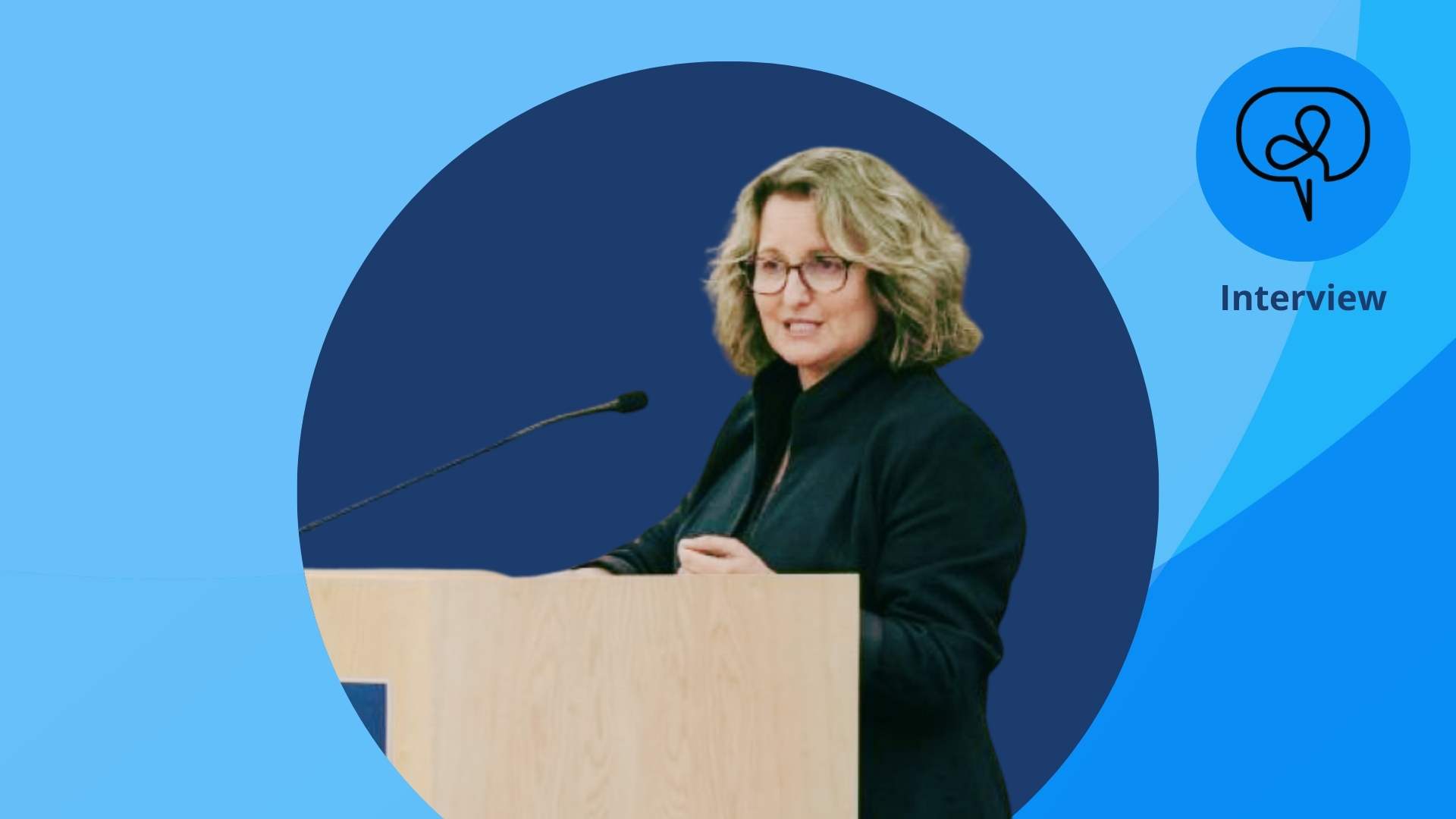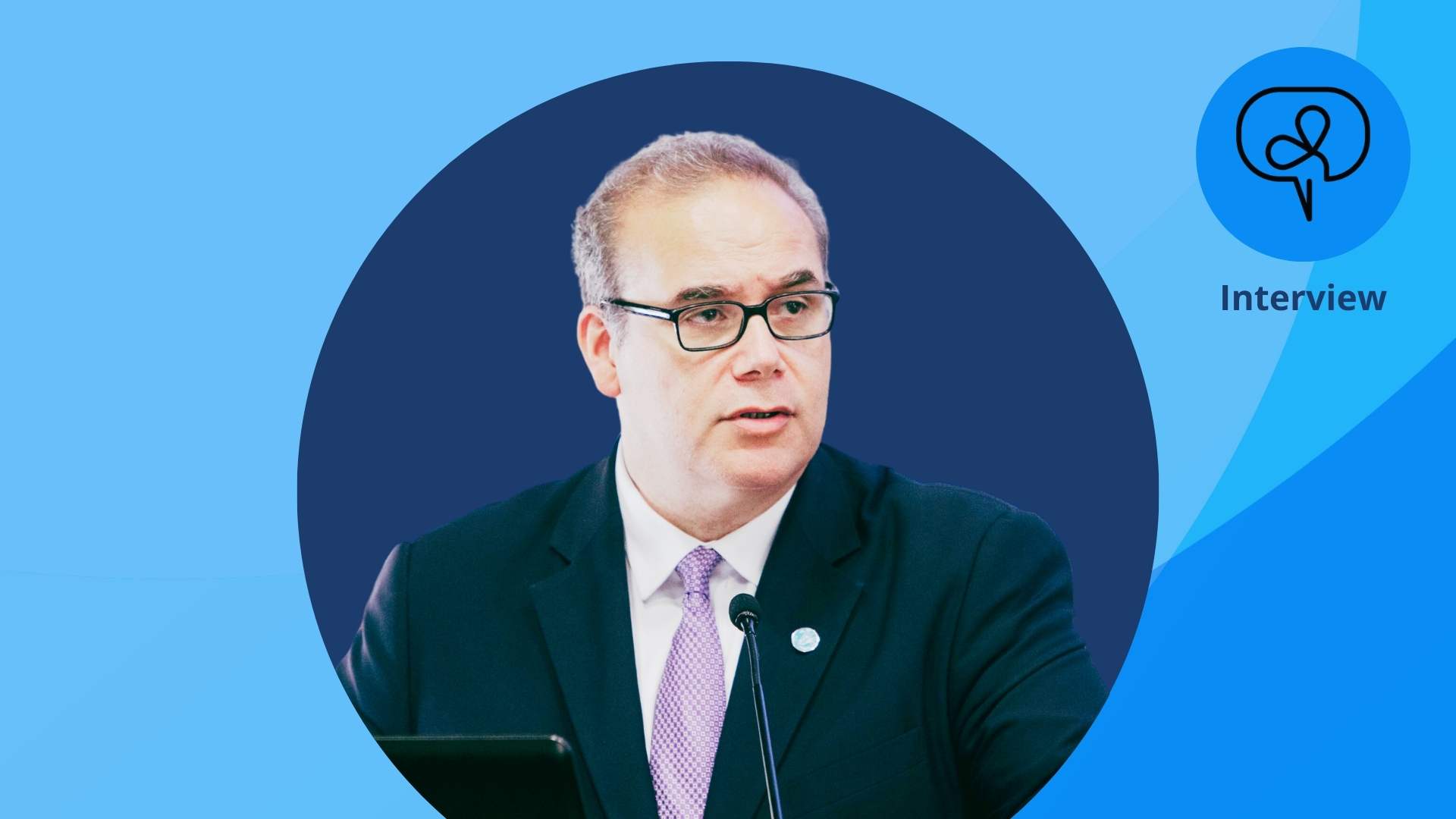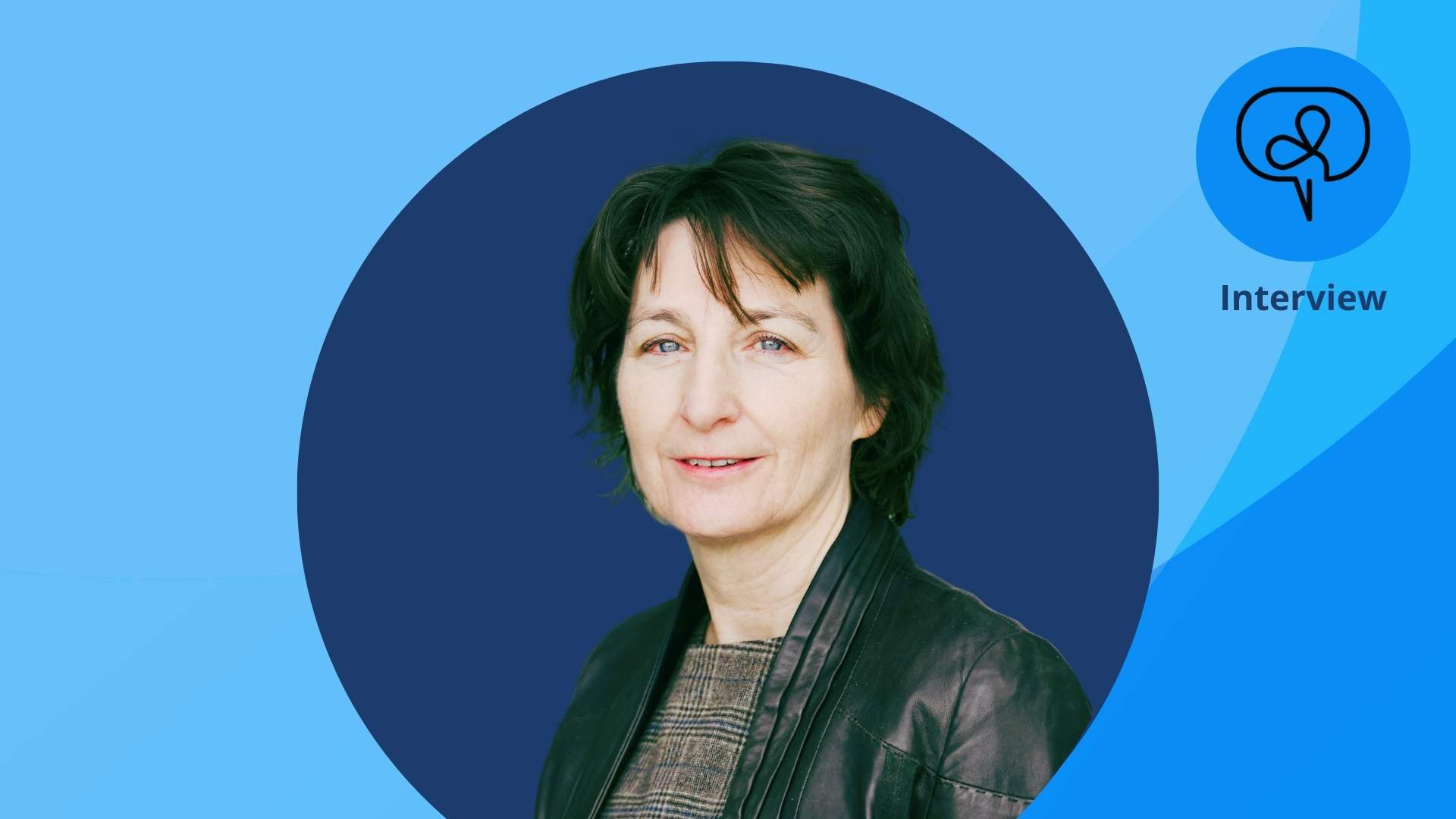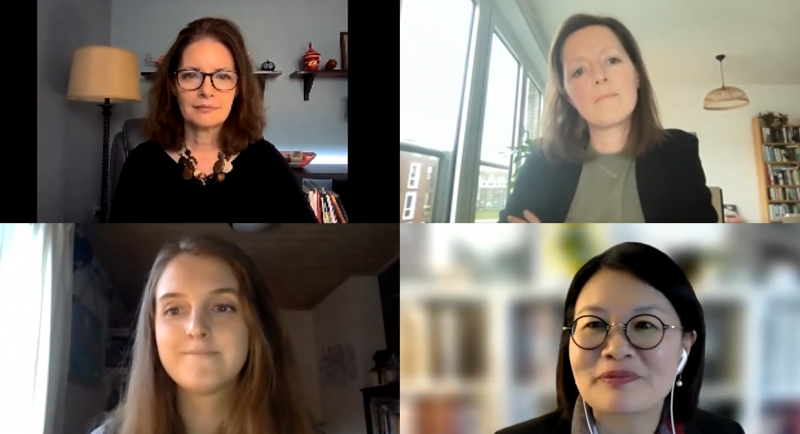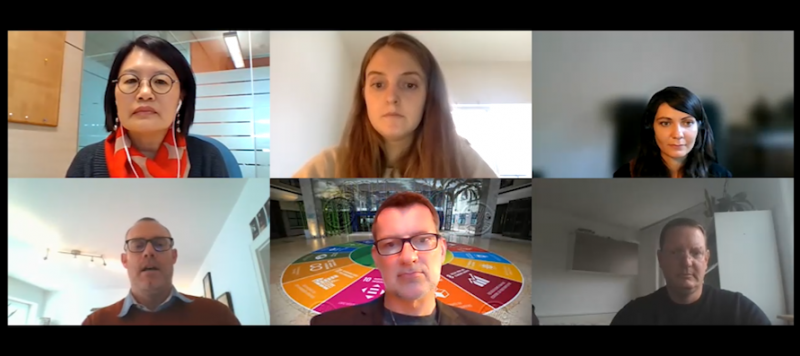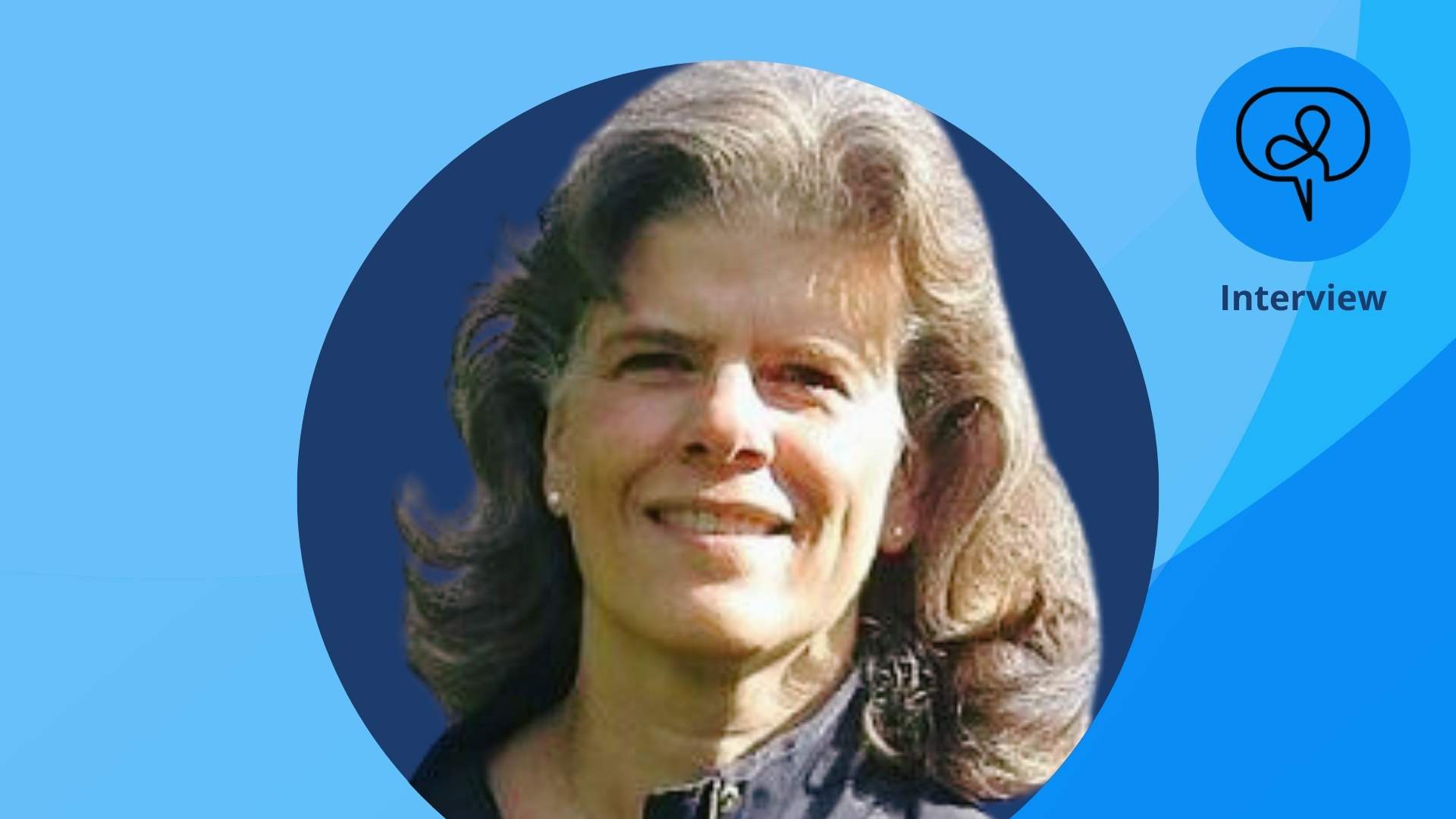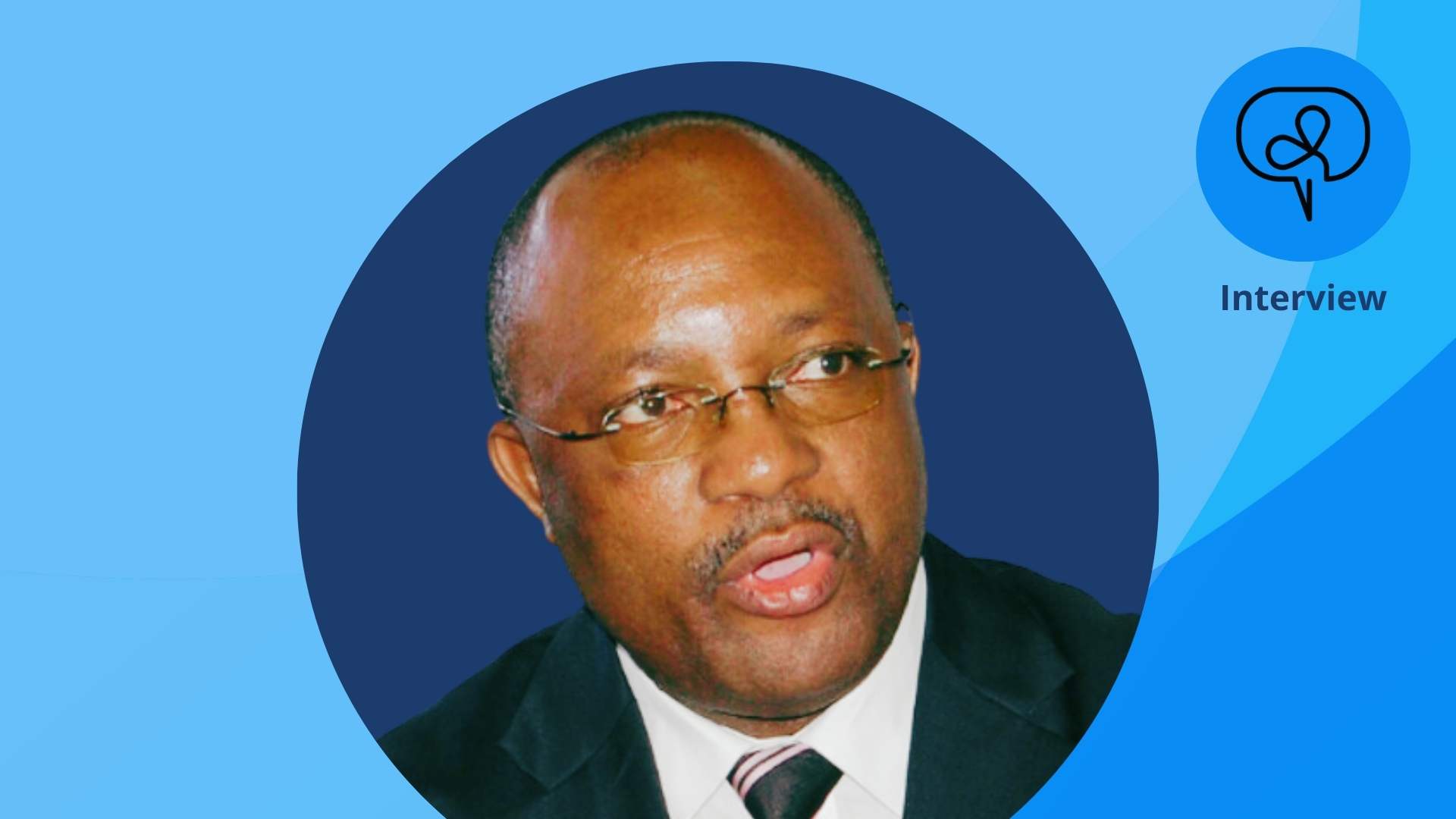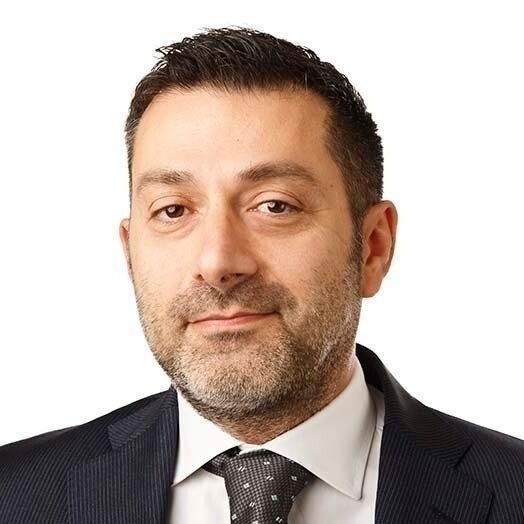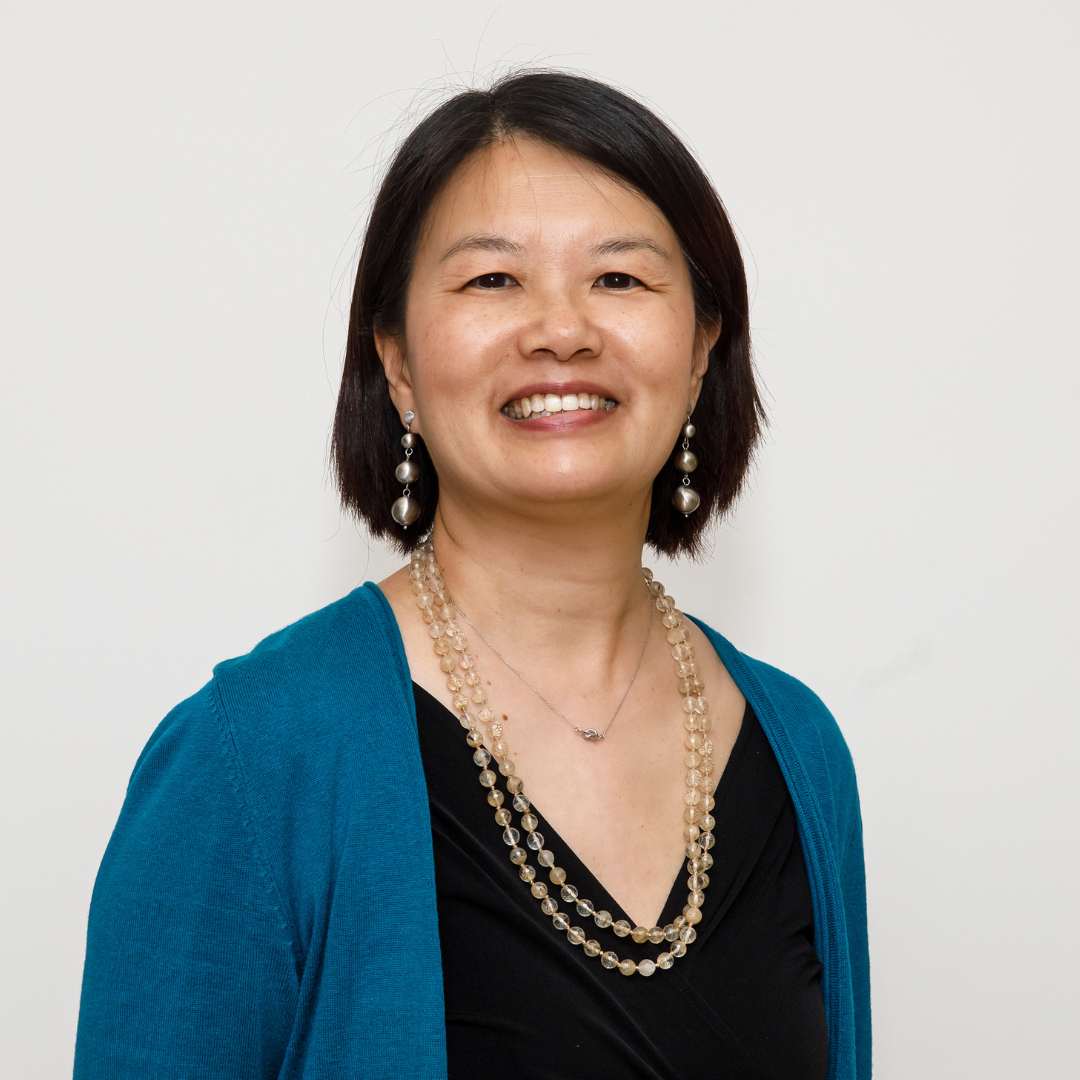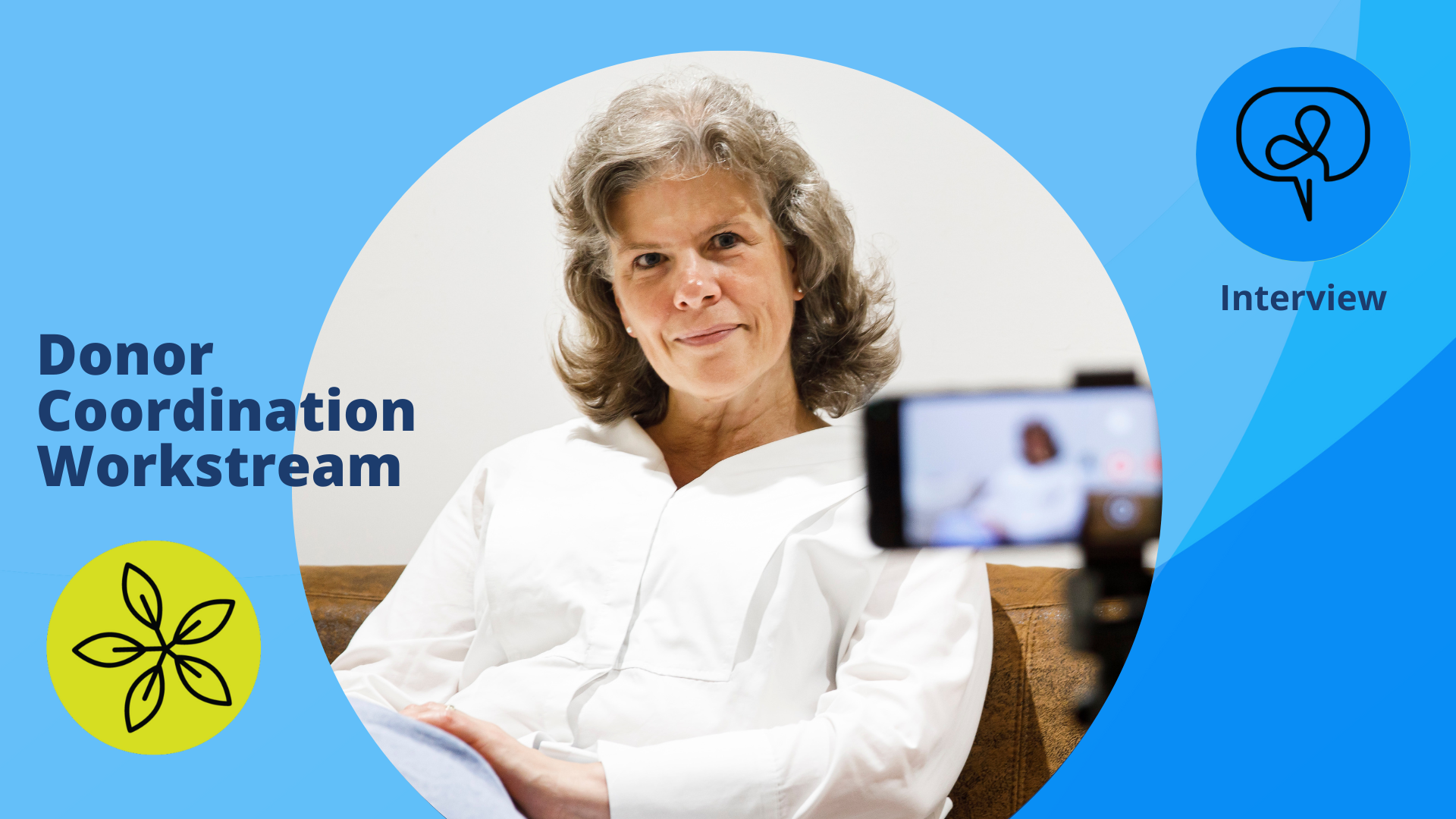
There has never been a greater need for coordinated donor investments and collaboration that align with the needs and priorities of partner countries. How can this be improved, particularly at the country level? What are some good practices on donor cooperation for food systems and rural development?
This interview series explores some of the thinking behind these questions, and took place alongside the GDPRD's workstream on donor coordination. For a summary of the workstream research and recommendations, read the full report here.
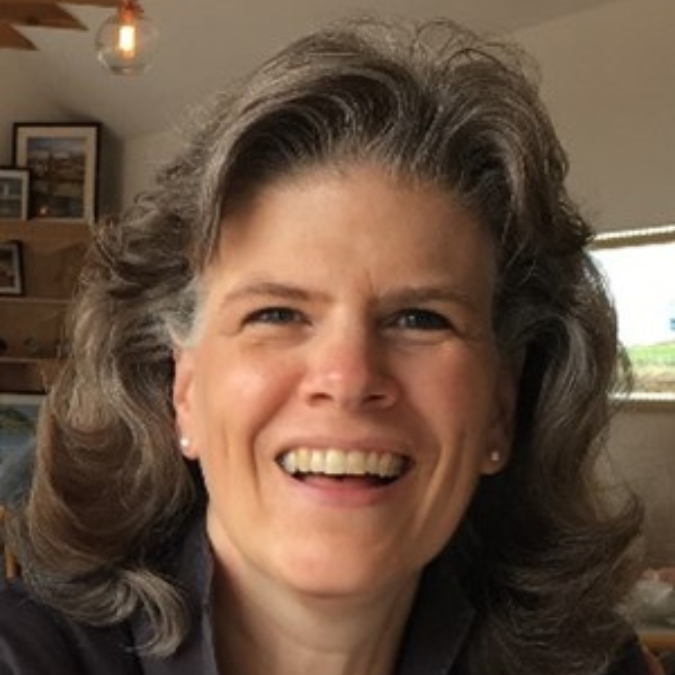
Iris Krebber
Head of Agriculture, Food Security and Land, UK Foreign, Commonwealth and Development Office
More
Iris Krebber is the Head of Agriculture, Food Security and Land at the Foreign, Commonwealth and Development Office (FCDO) in the UK. She is also a Co-Chair of the Global Donor Platform for Rural Development (GDPRD).
GDPRD Secretariat/Michelle Tang: Food systems and donor coordination are both very complex processes that require high levels of coordination on their own. What are some practical and feasible ways to improve donor coordination on food systems? What have been the main challenges and barriers to good coordination at the country level?
Iris Krebber: As you know, this is a very complex question, so I will just try and start from the end: What do we want? I would assume we all want to make a change around an agreed set of results that people who are supposed to benefit from the support we are providing will want. In other words, demand-based results.
So how do we get those? By defining them and then by putting our money where our mouth is. And that gets me to the challenges of donor and other coordination: We've heard a lot about elephants in the room, and there is need for negotiation. You have political incentive schemes, commercial incentive schemes, organizational, very often individual, and those are things that will not go away.
So, the solution would be to agree on the results we want to see. We have the overarching very high-level results in the Sustainable Development Goals, but we need to be more specific, and, as we know, Food and Agriculture is very context specific.
That's where we get to the country level. There used to be in some countries something like a ‘joint assistance strategy’, where you have key donors from all walks of life come together, agree on what they are prepared to fund, based on what the government says is needed, based on what their population has said they need and want. So, that again gets us to a multi-stakeholder process.
But if you get to this agreed set of results, then some will put their money behind it, others won't. But the results agreement in itself will not be sufficient unless it's tied to a strong, robust monitoring framework, robust monitoring and then the right transparency and accountability, circling back to citizens who have demanded that support.
Michelle: The process of this workstream has included key informant interviews of high-level participants from donor countries and international organizations like yourself. How can we bring this process closer to countries, to the people who we are serving as most of them would not have a place at the table? Is there scope for the process to be more inclusive?
Iris: The question is why they are not at the table. Judging by some development economists, if the people who are supposed to benefit from the support are not at the table, why go there because they will not have good governance in their countries. They will not have a social contract between the governing elite and the citizens.
If the contract is there, they will be at the table, so you could say, well, just countries with poor governments, they've often had the greatest challenges, why should we not go there. Flipping this around, the easiest would be to go where the contract exists. Where it doesn't exist, anything that is supported in those countries should help create such a social contract. So, I think it used to be called ‘democratic grassroots’ governments that could be mainstreamed into all formats.
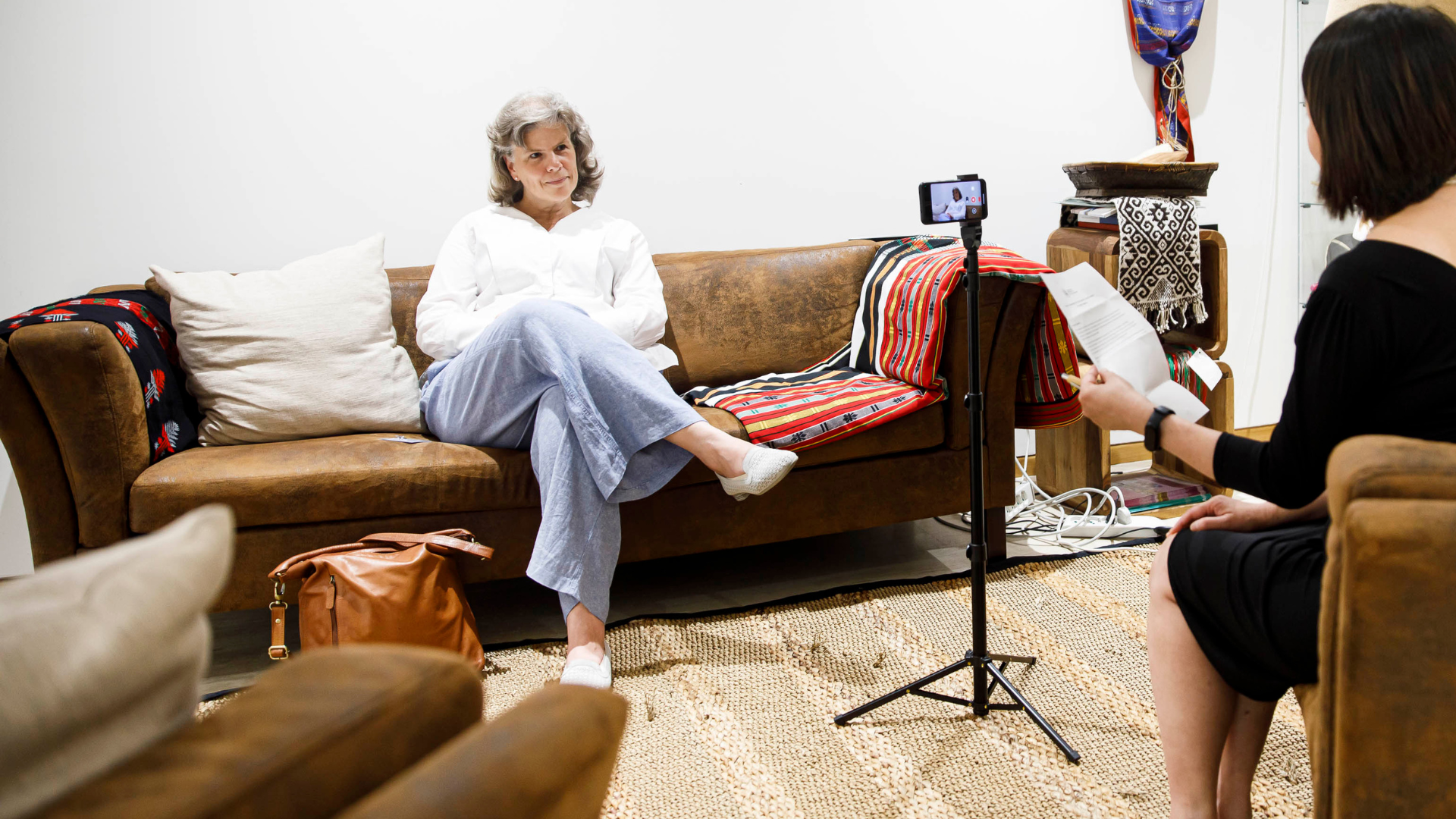
Michelle: What are the essential ingredients to good coordination, the so-called building blocks that need to be in place? Could you share some examples or good practices from your experience?
Iris: I'll give you an example from the UK. There is a publication of the Independent Report by the UK Parliaments Aid Commission UK aid to agriculture in a time of climate change. They have looked at everything the UK has supported with order or policy dialogue from 2016 till the last year in food and agriculture.
The lessons are, one - they saw a lot that they liked. So, they want us to tease out why we can't take to scale or replicate or get others to then make sure that good happens elsewhere.
They also saw that conflicting political and commercial incentives lead to less coherence. Can we bring back the coherence we once had?
And they said where they saw good citizen engagement through our programming and policy dialogues, the results were always good. So, that is again incentive to do more of that.
All these are also ingredients of good coordination, enabling what works to go to scale and deliver impact.
Photo: ©IFAD/Flavio Ianniello
The GDPRD conducted a year-long workstream on donor coordination in 2023, which culminated in the final report "From Rhetoric to Reality: Donor coordination for food systems transformation". Learn more about the workstream.

